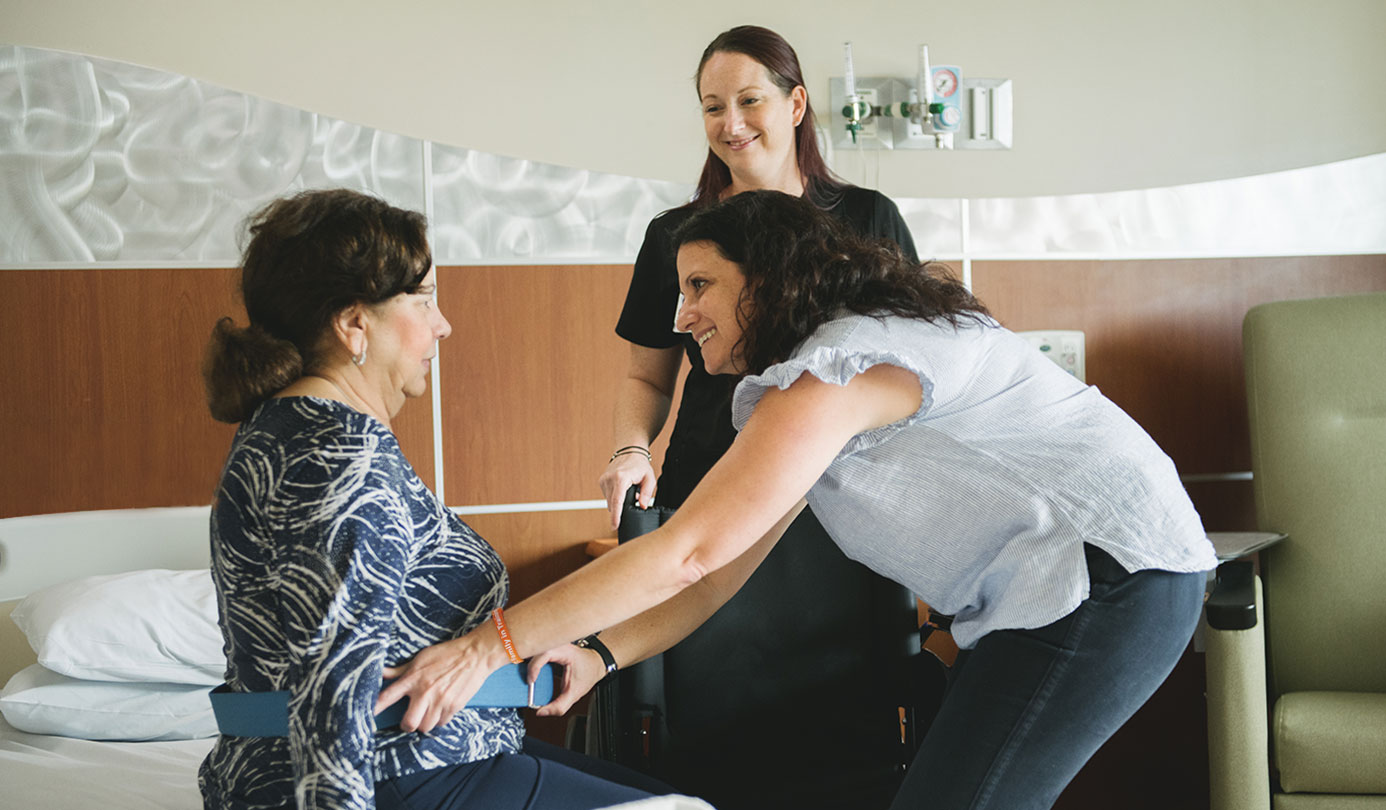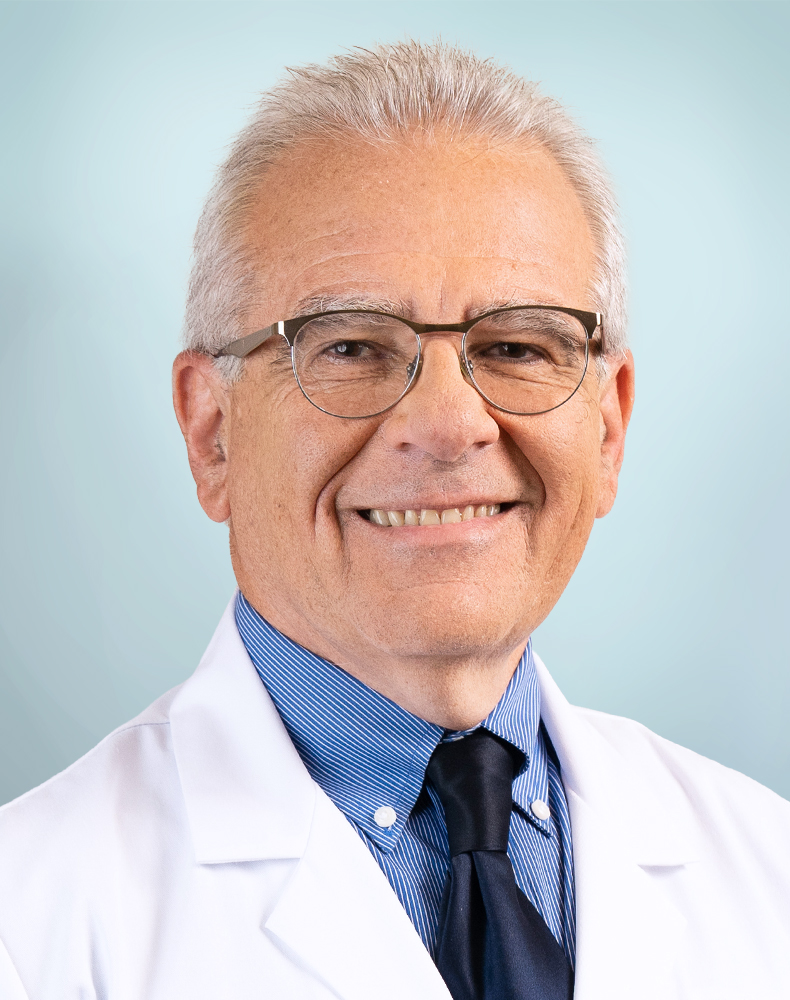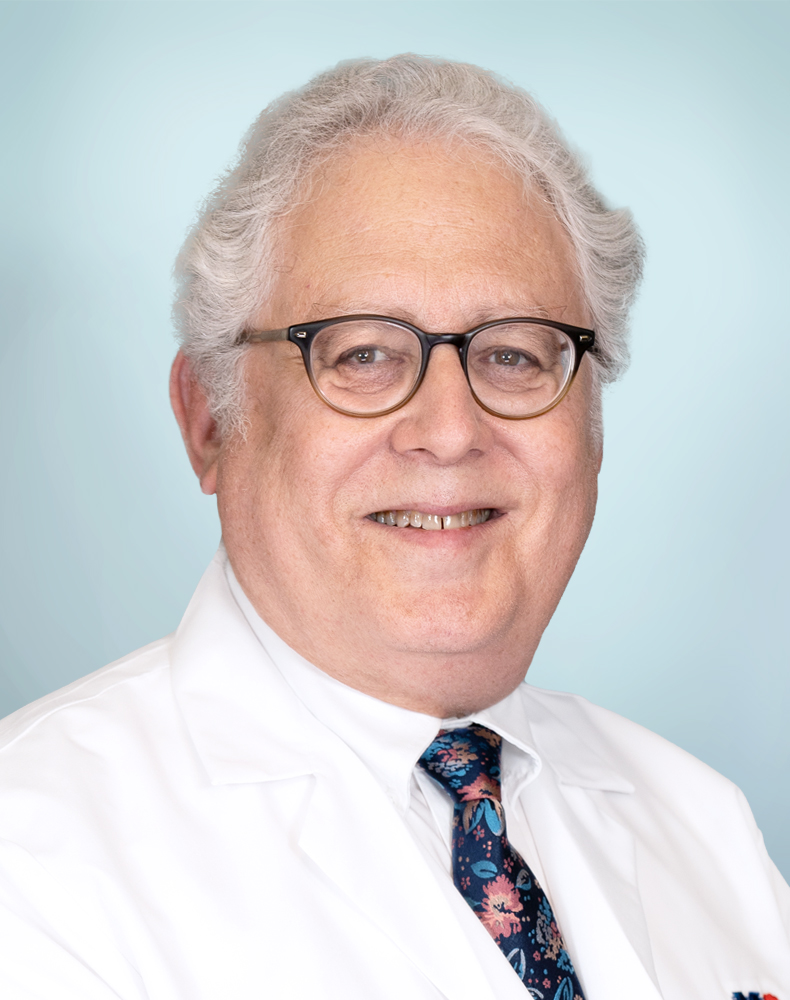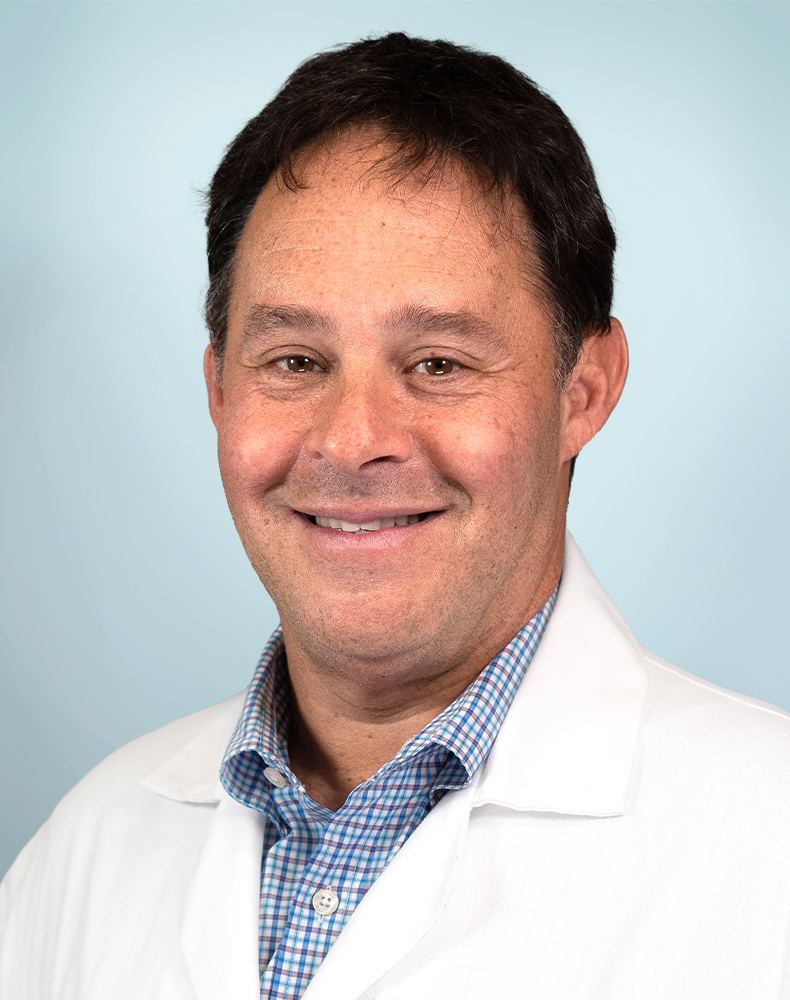Pulmonary Fibrosis
Our pulmonologists and respiratory therapists can identify pulmonary fibrosis and develop a comprehensive treatment plan.
Pulmonary fibrosis is caused by scarring in the lungs. At first, your symptoms may be mild or even absent, but they get worse as scar tissue builds up. Over time, you may have trouble performing simple, everyday tasks.
Pulmonary fibrosis can be difficult to diagnose and treat. Our pulmonologists and respiratory therapists can identify the disease and develop a comprehensive plan. We’re here to help you breathe better and live a fuller life.
To Schedule a New Appointment or a Follow-Up Visit, Call:
954-276-1925Pulmonary Fibrosis: Why Choose Memorial Healthcare System?
Patients seeking treatment for pulmonary fibrosis at Memorial Healthcare System will find:
- Experienced physicians: Our care team includes highly skilled, board-certified physicians who have decades of experience and specialize in diagnosing and treating pulmonary fibrosis.
- Advanced diagnostic tools on-site: We have leading imaging technology in our office to confirm a pulmonary fibrosis diagnosis. That means you go to only one place for your appointments and tests.
- Comprehensive treatment of symptoms: We treat pulmonary fibrosis with a combination of the newest drugs, oxygen supplementation and pulmonary rehabilitation. At our on-site Pulmonary Rehab and Fitness Center, you can increase strength and lung capacity in a supportive, safe environment.
- A network of specialists: As part of a large healthcare system, our team has access to many other specialists for consultations. That also means patients who need to see a thoracic surgeon will have prompt referral and care.
- Compassionate care: Our care team concentrates on improving your symptoms so you can live a fuller life. We develop a long-term relationship with you and your family, and we welcome your questions and input.
Frequently Asked Questions
Pulmonary fibrosis occurs when thick, stiff scar tissue prevents your lungs from giving your body enough oxygen.
The scar tissue and low oxygen levels make you feel short of breath and cause a dry, hacking cough. Both symptoms get worse as scar tissue builds up. At first, you may have trouble breathing only while walking or exercising. Over time, even simple tasks may become challenging, such as taking a shower, eating a meal or having a conversation.
Most cases are classified as idiopathic pulmonary fibrosis, or IPF, which means it has no known cause.
Diagnosing pulmonary fibrosis is difficult and requires an experienced and certified pulmonologist. Your team of lung specialists at Memorial Healthcare System will:
- Ask you questions about your symptoms and medical history.
- Listen for a crackling sound as you breathe.
- Measure the amount of oxygen in your body (with a device that clips on your finger called a pulse oximeter or pulse ox for short, or with a blood test).
Your doctor also may perform the following tests:
- High-resolution CT scans: This imaging technology helps your doctor to see your lung tissue and locate the scarring.
- Bronchoscopy: To perform this test, your doctor places a long tube into your airways to see the scarring. Bronchoscopy also helps retrieve mucus or tissue for testing.
- Radiation-guided biopsy: A thoracic surgeon uses imaging technology to guide a needle directly into the lung tissue. This outpatient procedure removes a bit of tissue for testing.
Your pulmonologist will design an individual plan to make you more comfortable and slow the pulmonary fibrosis.
New Oral Medications for IPF
Our specialists might prescribe two new medications for IPF: pirfenidone (Esbriet®) and nintedanib (Ofev®). Both pills, taken daily, have been proven to help preserve lung function and slow the disease.
Supplemental Oxygen
Most patients with pulmonary fibrosis need oxygen therapy eventually. Some patients need extra oxygen only when they are active, but others need it day and night.
- Your pulmonologist will teach you how to use oxygen therapy to help you breathe easier.
- You’ll wear a mask or a thin tube with prongs that rest inside your nose.
- A tank of air will gently pump oxygen into the mask or through the tubes, so your lungs don’t have to work so hard.
Pulmonary Rehabilitation
Rehab can help control your symptoms and teach you how function better in daily life. At our on-site Pulmonary Rehab and Fitness Center, you will:
- Learn physical exercises to improve your endurance
- Practice breathing techniques to improve your lung efficiency
- Receive tips and support for better nutrition and smoking cessation
- Meet and work out with other patients with similar conditions
Lung Transplantation
When pulmonary fibrosis advances and a patient needs a lung transplant, we collaborate with Jackson Health System’s Adult Lung Transplant Program.
To Schedule a New Appointment or a Follow-Up Visit, Call:
954-276-1925
Patient- and Family-Centered Care
We treat patients and family members as partners in healthcare.
It matters to you. It matters to us.
Quality and Safety Data for Memorial Healthcare System
Our goal is to provide our patients with the information they need to make informed choices for themselves and their families.
View Quality and SafetyYou have a Right to Know About Prices
We want to give you the information you need to make important healthcare decisions, including the costs of our services.
View Pricing





